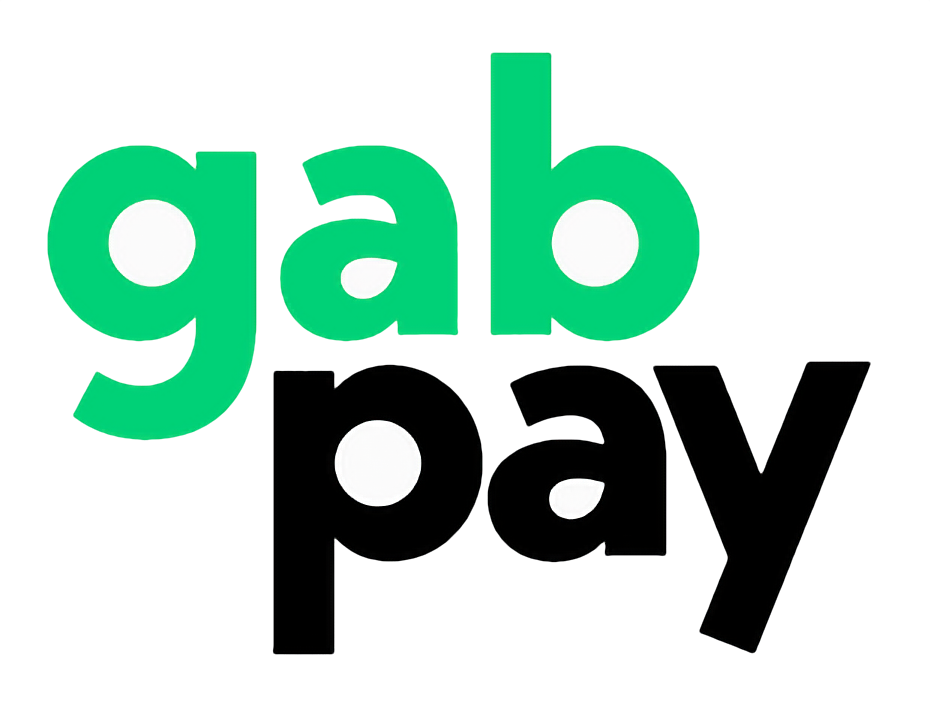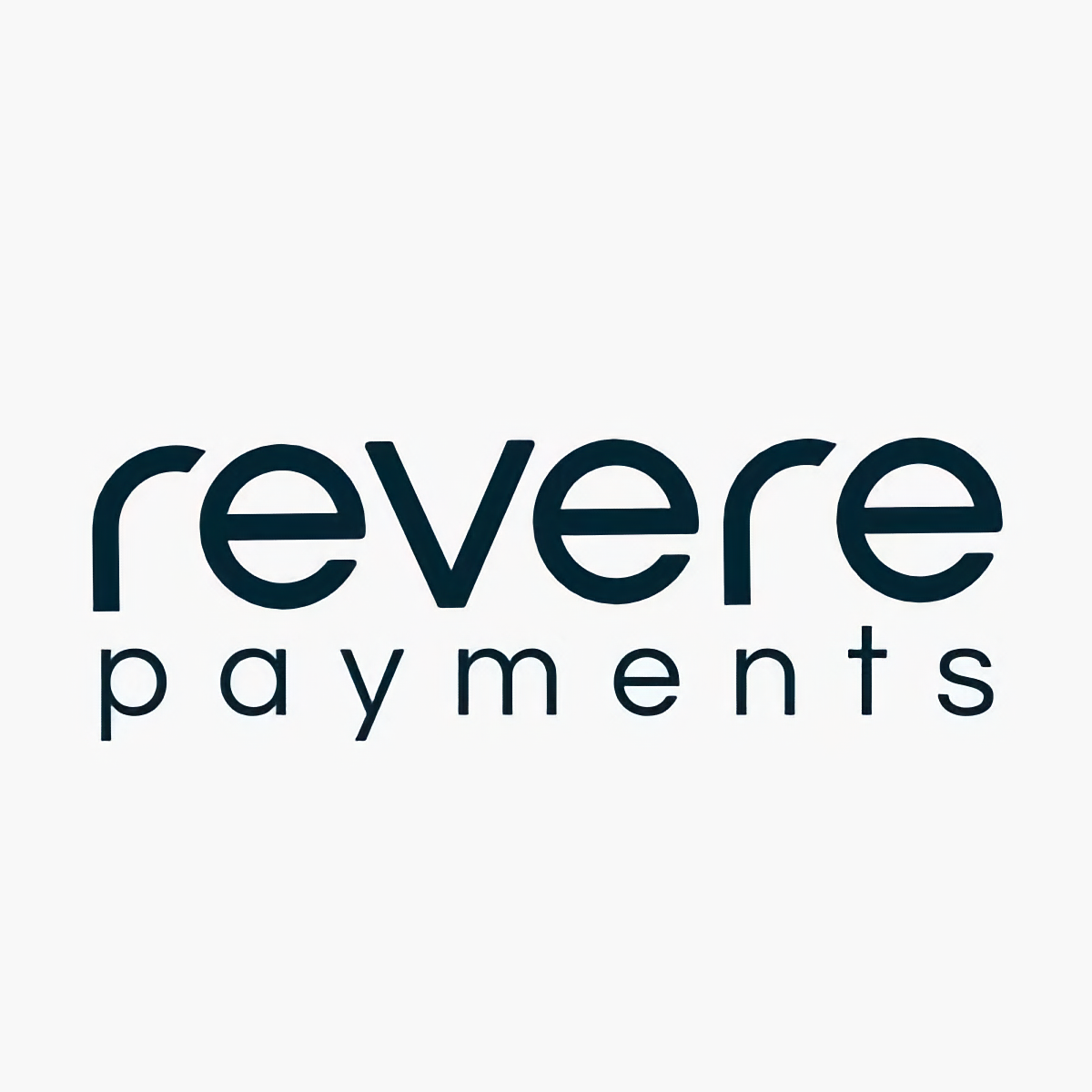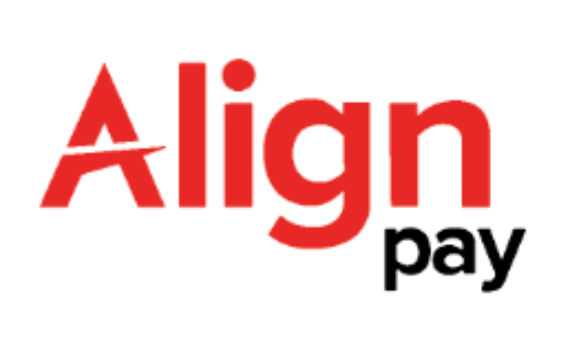By Tom Parker
As digital payments have become increasingly popular, many of the largest companies in this sector have used their dominant position to censor users, harvest their private financial data, and threaten them with huge fines if they violate vague and subjective rules.
Here are some alternative payment services that promote freedom, reject censorship, and/or have privacy-preserving features:
GabPay
 A person-to-person payments network from the free speech software company Gab.
A person-to-person payments network from the free speech software company Gab.
Gab uses the First Amendment of the United States (US) Constitution to guide its content moderation and describes GabPay as a solution that “allows you to spend your processing dollars with companies who share your values rather than major monopolies who’ve hijacked our payment processing sectors.”
With GabPay, users can instantly transfer money from supported bank accounts to anyone with a cell phone or email address. Funds can be quickly transferred from a bank into a GabPay account and this GabPay balance can be used to make payments. Users can also withdraw their GabPay balance to supported bank accounts.
GabPay supports both consumer and merchant accounts. GabPay says its merchant accounts allow businesses to “accept payments without the fear of charge backs, indefinite holds, or reprisals for political beliefs.” Merchant accounts can also integrate with many e-commerce, membership, and website-building platforms.
GabPay also offers vanity addresses which let users create an easy-to-remember link to their GabPay account.
GabPay’s fees are competitive and flexible. The service charges 1.9% + $0.15 per transaction which is lower than both Stripe (which charges 2.9% + $0.30 per transaction) and PayPal (which charges between 1.9% and 3.49% + $0.49 for most transaction). When making a payment, users can choose whether they pay the fee, the other party pays the fee, or the fee is split equally between both parties.
You can sign up for Gab Pay here.
GloriFi
 An “unapologetically pro-America, pro-freedom, pro-capitalism” financial lifestyle app that offers credit cards, banking, and loyalty rewards.
An “unapologetically pro-America, pro-freedom, pro-capitalism” financial lifestyle app that offers credit cards, banking, and loyalty rewards.
GloriFi supports the US Bill of Rights and says it’s “non-negotiable.” GloriFi opposes “the corporate elite telling you how to think,” “woke companies,” and “big government” and describes its app as “a financial lifestyle app designed for We the People.”
Users can access GloriFi’s services via its mobile app which can be used to open accounts, apply for cards, monitor spending, and track loyalty rewards.
The company offers credit cards in several designs including a design that’s made from brass. These credit cards offer up to 2% in loyalty points with every purchase along with other merchant-specific rewards. Users can redeem loyalty points for cash and other rewards or award them to a law enforcement charity.
In the future, GloriFi plans to offer additional financial services including certificate of deposits (CDs), mortgages, and insurance.
GloriFi charges an annual fee on some of its credit cards. It also charges a balance transfer fee of the greater of either $5 or 3% per transaction and a cash advance fee of the greater of either $10 or 5% per transaction. Additionally, some of GloriFi’s cards charge a 3% fee on foreign transactions.
You can sign up for GloriFi here.
Second Amendment Processing
 A veteran-owned and operated payment processing company that supports “American standards and values” and stands for “capitalism, free speech, and our children’s education.” It donates 20% of its fee profits to organizations that help protect Second Amendment rights.
A veteran-owned and operated payment processing company that supports “American standards and values” and stands for “capitalism, free speech, and our children’s education.” It donates 20% of its fee profits to organizations that help protect Second Amendment rights.
Second Amendment Processing has vowed to fight for the rights of businesses that are blocked by other financial institutions and merchant processors for selling firearms legally or expressing opposing political ideologies. It believes that every American business owner has the right to run their business “how they see fit regardless of ideologies or agendas.”
Second Amendment Processing can process credit and debit card payments. It offers PayFac as a service, point of sale processing, mobile payment processing, online e-commerce processing, and desktop terminal processing. It also has partnerships with dozens of like-minded banks and financial institutions.
Its processing fees range from 1.5% to 2.9% for swiped cards and 3.5% for keyed-in transactions. The rate is influenced by the card network, card provider, processing volume, and type of business. However, Second Amendment Processing says it will guarantee users “the absolute best rates possible.”
You can sign up for Second Amendment Processing here.
Parallel Economy

A “censor resistant” payment processor that has received investment from the free speech video sharing platform Rumble and was co-founded by conservative commentator Dan Bongino.
Parallel Economy was founded in response to “tech tyrants [who] have hijacked our economy through the digitization of our world.” The company is “committed to fighting for a free, fair, and open internet.” It also vows to “respect your sovereignty” and never sell user data.
Parallel Economy has partnerships with major retail, hospitality, restaurant, sporting goods, and manufacturing point of sale companies. It also integrates with over 250 gateways and supports shopping carts such as Shopify, BigCommerce, Woocommerce, Authorize.net, Magento, 3D Cart, and Volusion.
Some of Parallel Economy’s other features include free next day funding, a free virtual terminal account, chargeback assistance, invoicing tools, expense tracking tools, and 24/7 merchant support. There are also no contracts and no surcharges.
Easiest way to get your first Bitcoin (Ad)
Parallel Economy endeavors to “match or beat any competitor” on fees. Its advertised rates are 2.98% + $0.15 for card not present transactions and 1.49% + $0.15 transaction for card present transactions.
You can sign up for Parallel Economy here.
Revere Payments
 A company that promises to process payments “without bias” and protect business owners’ “right to do business.”
A company that promises to process payments “without bias” and protect business owners’ “right to do business.”
The company’s founder, Wendy Yurgo-Kinnney, said she created Revere Payments in response to the growing number of US-based businesses that are losing payment processing services because of their conservative or religious beliefs.
Revere Payments provides an entire tech stack that’s customized to fit a wide range of businesses. This tech stack is compatible with many major payment solutions including Authorize.net, Shopify, and WooCommerce. It also supports multiple payment types including online payments, retail payments, point of sale payments, and donations.
In addition to the payment processing tech, Revere Payments’ virtual terminal can analyze data from sales channels, handles invoices, and more. The company also provides security tools that can detect and decline suspicious transactions, fight fraud, mitigate risk, and protect customers.
Revere Payments vows to “meet or beat anyone’s pricing.” It offers a competitive retail processing fee of 1.79% + $0.10 on qualified transactions and 2.79% + $0.10 on unqualified transactions. Its online transaction fees are comparable to Stripe at 2.9% + $0.30. It also offers special rates for non-profits and faith-based organizations.
You can sign up for Revere Payments here.
AlignPay
 A freedom-focused payment processor that stands against cancel culture and vows to not sell users’ personally identifiable information.
A freedom-focused payment processor that stands against cancel culture and vows to not sell users’ personally identifiable information.
AlignPay states that its free speech principles “preserve and strengthen the rights of all users to interact freely within the law.” It also vows that there is “no viewpoint censorship.”
AlignPay offers credit, debit, and Automated Clearing House (ACH) processing. It can support various types of payments including recurring donations and mobile payments. It also provides other technologies for improved functionality and integration such as application programming interfaces (APIs) and multi-layer encryption.
AlignPay is compatible with many existing payment processing systems and can be integrated with existing point of sale systems, donor management systems, and nearly 150 online shopping carts and ecommerce plugins.
Activist Post is Google-Free
Support for just $1 per month at Patreon or SubscribeStar
On top of its payment processing features, AlignPay provides real-time transaction management, reporting tools, and invoicing tools which can integrate with business-to-business and business-to-government gateways.
AlignPay’s processing fees are comparable to Stripe’s at 2.9% + $0.30 per transaction. However, there is a $25 minimum monthly fee that applies to users who don’t incur at least $25 in card fees during an applicable month.
You can sign up for AlignPay here.
Privacy.com
 A privacy-focused card masking service with advanced features for protecting personal data and managing spending.
A privacy-focused card masking service with advanced features for protecting personal data and managing spending.
Privacy.com hides users’ real card details by letting them create virtual payment cards that have a unique card number. These cards work with pseudonyms and any billing address which means users can hide their real name, address, and card number when using virtual cards to buy digital products or services. Privacy.com also has a “Discreet Merchants” feature that lets users mask merchant information on their bank statements with a pre-determined name such as “Privacy.com” or “Privacy.com Smileys Corner Store.”
Users can create and manage virtual payment cards in Privacy.com’s web dashboard, via its browser extension, via its mobile apps, or via its integration with the password manager 1Password.
Privacy.com’s virtual payment cards automatically lock to the first merchant they’re used with to prevent them from being used elsewhere if the merchant is compromised. Users can also set spending limits, set expiry dates, organize their cards with tags, and pause, unpause, or close virtual cards.
Privacy.com’s free plan gives users access to most of its features and lets users create up to 12 virtual cards per month. Its paid plans give users more cards and all the features. The $10 per month Pro plan lets users create up to 36 cards per month and its $25 per month Teams plan lets users create up to 60 cards per month.
Privacy.com also has a card issuing service for businesses called Lithic which has flexible pricing.
You can sign up for Privacy.com here.
You can sign up for Lithic here.
BTCPay Server
 An open-source, self-hosted cryptocurrency payment processor that supports 14 cryptocurrencies including Bitcoin and Monero. It also supports the Lightning Network, a second-layer payment network that’s built on top of the Bitcoin protocol.
An open-source, self-hosted cryptocurrency payment processor that supports 14 cryptocurrencies including Bitcoin and Monero. It also supports the Lightning Network, a second-layer payment network that’s built on top of the Bitcoin protocol.
BTCPay Server provides censorship resistance by allowing users to self-host the software and receive payments directly in wallets that they control. However, it can also be hosted on third-party servers.
Since cryptocurrency wallets are pseudonymous and BTCPay Server supports the private cryptocurrency Monero, the software can also boost user privacy when processing payments.
BTCPay Server integrates with several popular shopping carts including WooCommerce, Shopify, Magento, PrestaShop, OpenCart, and Drupal. Alternatively, users can use BTCPay Server’s APIs for custom integration.
BTCPay Server also has custom apps including a point of sale app (which can be used to accept in-store payments), a crowdfunding app (which can create self-hosted crowdfunding campaigns), and a payment button app (which creates custom payment buttons).
Other BTCPay Server features include a dashboard (which displays recent transactions, wallet balances, apps, and more), hardware wallet integration, an invoicing tool, and several bookkeeping tools.
BTCPay Server is free to use and doesn’t charge any transaction fees. However, customers will pay a transaction fee to miners or node operators when sending cryptocurrency payments.
You can get BTCPay Server here.
Exodus
 A cryptocurrency wallet that supports over 245 cryptocurrencies and has a built-in exchange.
A cryptocurrency wallet that supports over 245 cryptocurrencies and has a built-in exchange.
Exodus supports popular cryptocurrencies (such as Bitcoin, Ethereum, Tether USD Coin, and BNB) and privacy-preserving cryptocurrencies (such as Monero and Zcash).
Users can send cryptocurrency in Exodus with just a few clicks or taps. It also contains quick links for sharing wallet addresses and the associated quick response (QR) codes.
Since cryptocurrency payments are peer-to-peer and many cryptocurrencies are decentralized, cryptocurrency transactions are usually more censorship-resistant than traditional payment services.
Exodus also provides extra censorship resistance because it’s a non-custodial wallet. This means users have full control of the private keys that control their funds and Exodus can’t touch or move users’ cryptocurrencies.
In addition to this, cryptocurrency wallets are pseudonymous. This pseudonymity and the availability of privacy-preserving cryptocurrencies can boost user privacy when transacting.
Exodus has desktop and mobile apps and a browser extension. Its other features include wallet support for multiple portfolios (collections of wallets that are grouped together), wallet import, wallet export, wallet backup, integrations with several decentralized finance (DeFi) apps, and password protection.
Exodus doesn’t charge any fees for sending or receiving cryptocurrency but it does charge an exchange fee when swapping one cryptocurrency for another. Users also pay a transaction fee to miners or node operators when sending cryptocurrency.
You can download Exodus here.
Cake Pay
 A service from the creators of the open-source cryptocurrency wallet Cake Wallet that lets users quickly buy digital gift cards with Bitcoin, Litecoin, or Monero.
A service from the creators of the open-source cryptocurrency wallet Cake Wallet that lets users quickly buy digital gift cards with Bitcoin, Litecoin, or Monero.
Like Exodus, Cake Wallet is non-custodial and provides censorship resistance by letting users hold their private keys. The peer-to-peer and decentralized nature of the supported cryptocurrencies also provides extra protection against censorship.
Cake Pay lets users create pseudonymous cryptocurrency wallets and further boost their privacy by using Monero. The ability to purchase digital gift cards and use them for spending adds an extra layer of privacy because their gift card purchases are separated from their pseudonymous wallet address.
Not only does Cake Pay offer privacy-preserving features but it also makes it easy to buy products and services from merchants that don’t accept cryptocurrency. The gift cards can be used at 150,000 merchant locations in the US including adidas, AMC Theatres, Applebee’s, Banana Republic, Barnes & Noble, Domino’s Pizza, Hotels.com, Lowe’s, Sephora, and Subway. Many of the gift cards in Cake Pay are also discounted and Cake Pay says that users can save an average of 2% at most merchants.
Users can sign up for Cake Pay in the Cake Wallet mobile app which is available on the App Store, Google Play Store, or as an Android Application Package (APK). The only personal information that’s required to sign up is an email address.
After signing up, users just need to add some Bitcoin, Litecoin, or Monero to their Cake Pay wallet, search for the gift card they want to buy, and make the purchase. Cake Pay will store their digital gift card in the app and provide instructions on how to use it.
You can get Cake Wallet and sign up for Cake Pay here.
If you’re tired of censorship, cancel culture, and the erosion of civil liberties subscribe to Reclaim The Net.
Source: Reclaim the Net



